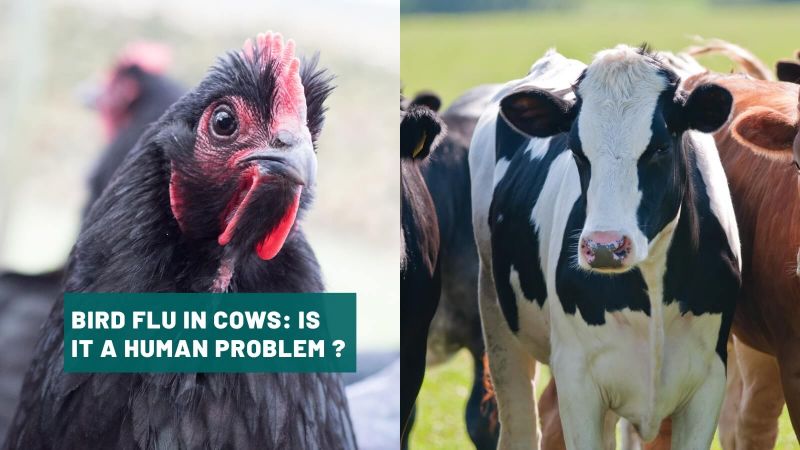Text to go here...
An interaction between two proteins has been found to be essential for the development of the most common form of brain cancer. The findings, which come from experiments using computer models, cell cultures, tumour biopsies and mice, provide a new target for the development of anti-cancer therapies.
The researchers were interested in the two proteins, FoxM1 and beta-catenin, because both are found at unusually high levels in a variety of cancers and computer analysis of the protein structures suggested that they might interact. Beta-catenin is also part of the Wnt signalling pathway. This pathway is important in cell development but also commonly associated with cancer, when it causes cells to multiply uncontrollably.
Experiments using cell cultures confirmed that the two proteins interact. The researchers also found that beta-catenin was not transported into the cell nucleus when they deleted the gene for FoxM1. Beta-catenin is believed to alter the activity of certain genes as part of its role in the Wnt pathway so by blocking the interaction of FoxM1 and beta-catenin the scientists believed they might be able to stop the signalling pathway that leads to tumours.
To test their theory they genetically engineered cancerous cells taken from glioblastomas, the most deadly type of brain tumour. These engineered cells produced a molecule that blocked FoxM1. When the engineered cells were injected into 38 mice none developed brain tumours and all survived. When 20 other mice were injected with normal glioblastoma cells they all died.
Further analysis found that genes associated with cancer were not being activated as a result of the special molecule blocking the Wnt signalling pathway. Scientists now hope that new treatments could be developed that mimic the effect of this molecule and so prevent tumour formation.
Last edited: 11 January 2022 15:00



